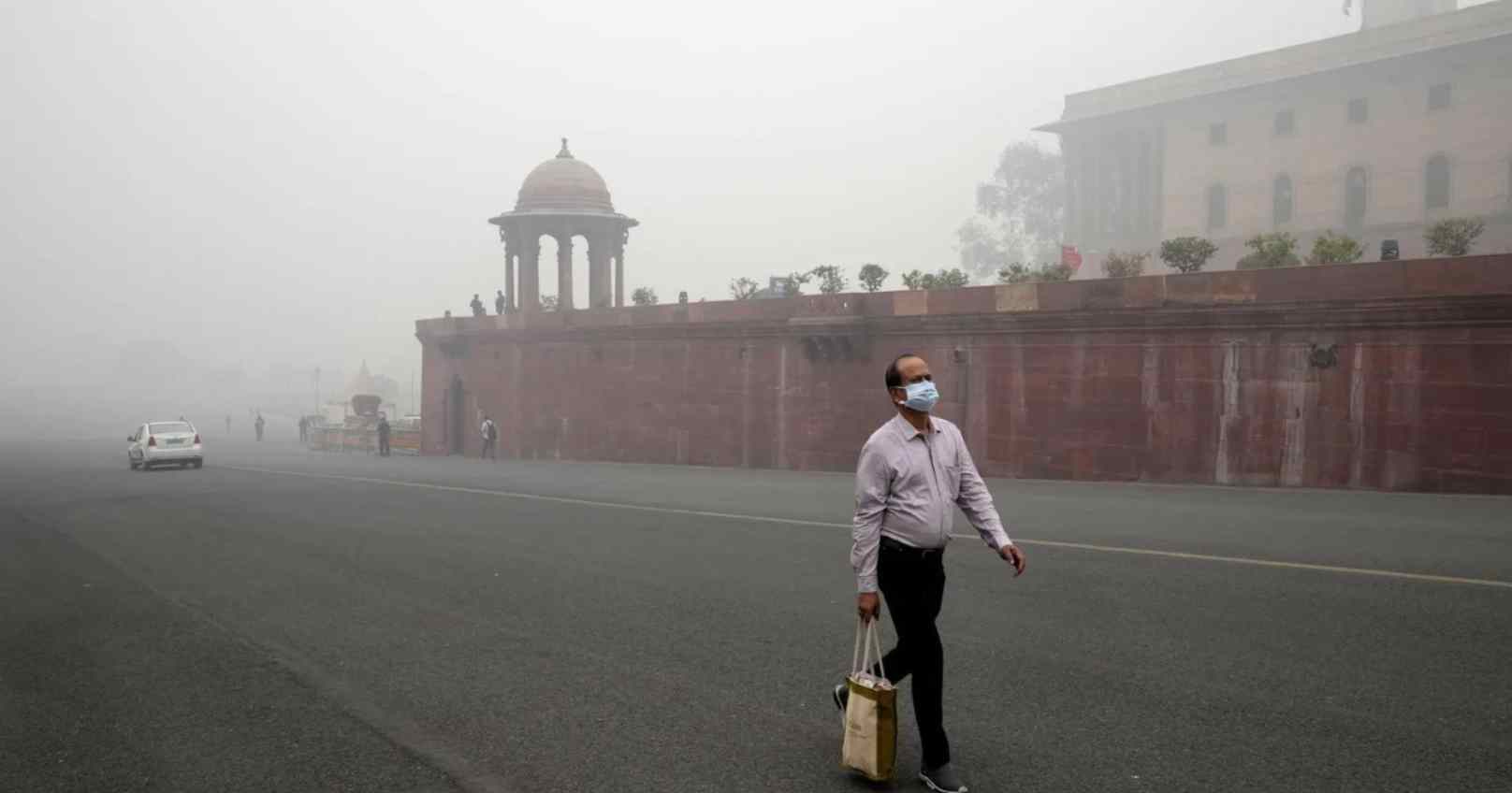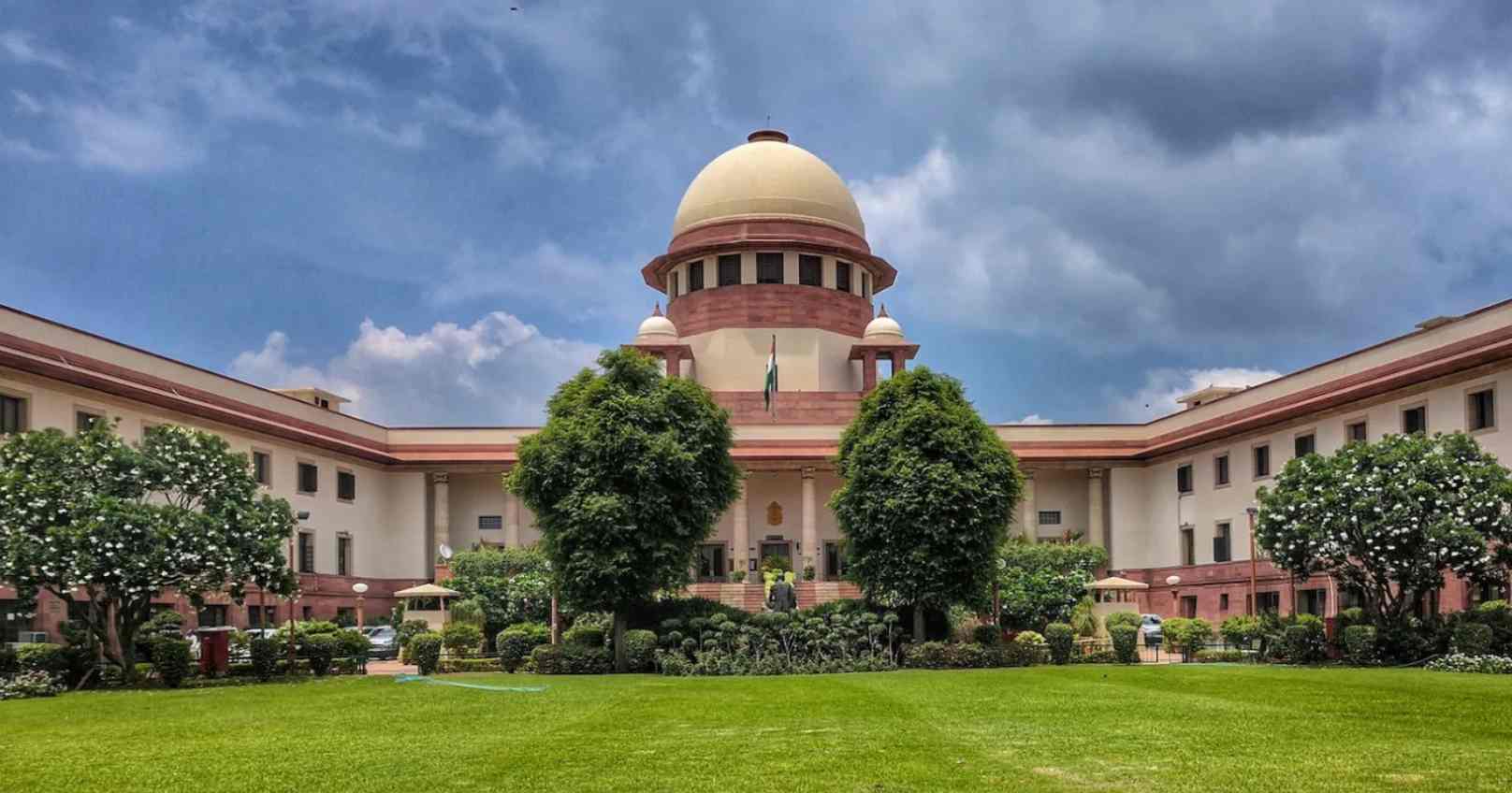The Supreme Court on Monday instructed the Delhi-NCR states to swiftly form teams to enforce Stage 4 restrictions under the Graded Response Action Plan (GRAP) to tackle air pollution. The court clarified that these restrictions should remain in place even if the Air Quality Index (AQI) drops below the threshold of 450.
The bench, consisting of Justices Abhay S Oka and Augustine George Masih, expressed concern over the delay in implementing stricter measures to combat the worsening pollution in Delhi-NCR. The court emphasized that it is the constitutional responsibility of both the Centre and the states to ensure a pollution-free environment for citizens.
The court further directed all Delhi-NCR states to make immediate decisions regarding the suspension of physical classes for students up to Class 12 to minimize health risks due to the hazardous air quality.
The Supreme Court was hearing a petition seeking urgent measures to address the deteriorating air quality in the national capital region, where the AQI on Sunday (November 17) surged to 441 by 4 pm and reached 457 by 7 pm due to unfavorable weather conditions.
Flagging the delay in the implementation of pollution control measures, the court ordered that Stage 4 restrictions under the GRAP remain enforced, even if AQI levels fall below 450. The bench also noted a significant gap in the data collection on stubble burning, which is a major contributor to air pollution in Delhi-NCR.
The court observed that the Indian Space Research Organisation (ISRO) relies on NASA's polar-orbiting satellites, which capture images of farm fires at limited intervals—around 10:30 am and 1:30 pm. This limited coverage, the court noted, fails to account for fires occurring at other times. A senior advocate, citing NASA data, pointed out that a stationary Korean satellite detected 420 farm fires over a broader time frame, demonstrating the limitations of the current satellite monitoring system.
To improve monitoring, the Supreme Court directed the Centre and the Commission for Air Quality Management (CAQM) to immediately explore options for acquiring continuous data from stationary satellites, such as the Korean satellite or other alternatives.







